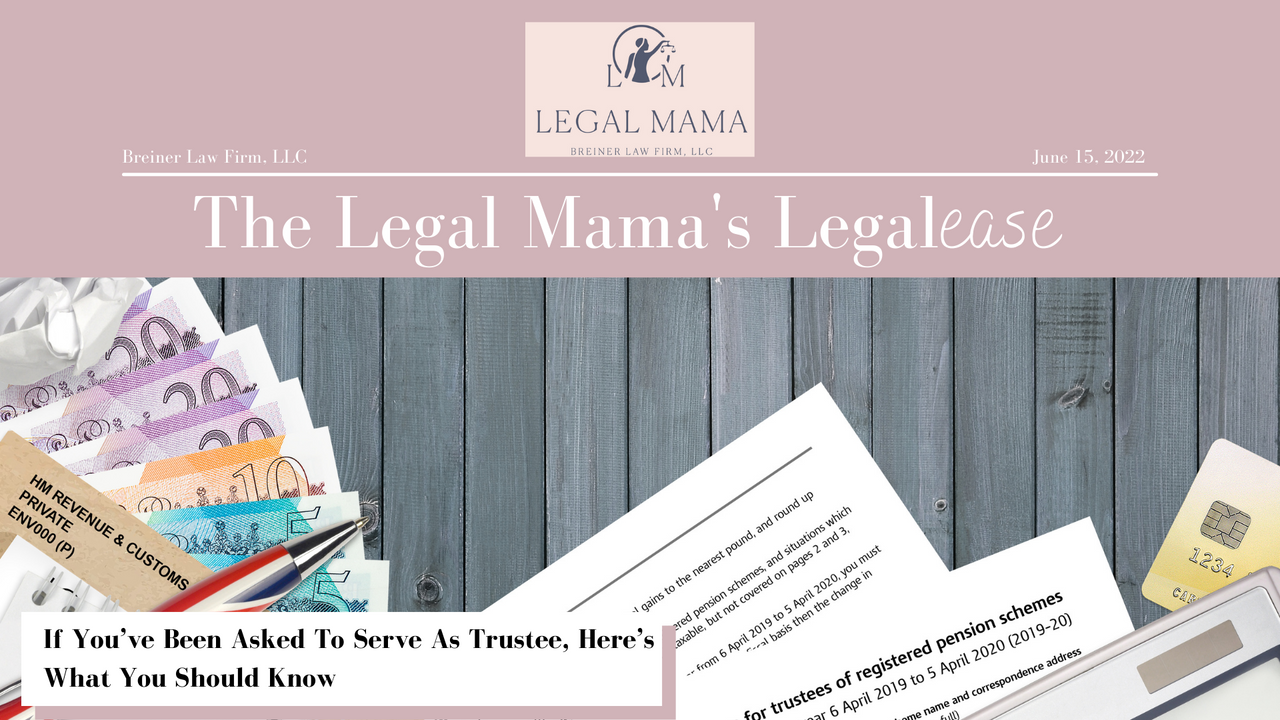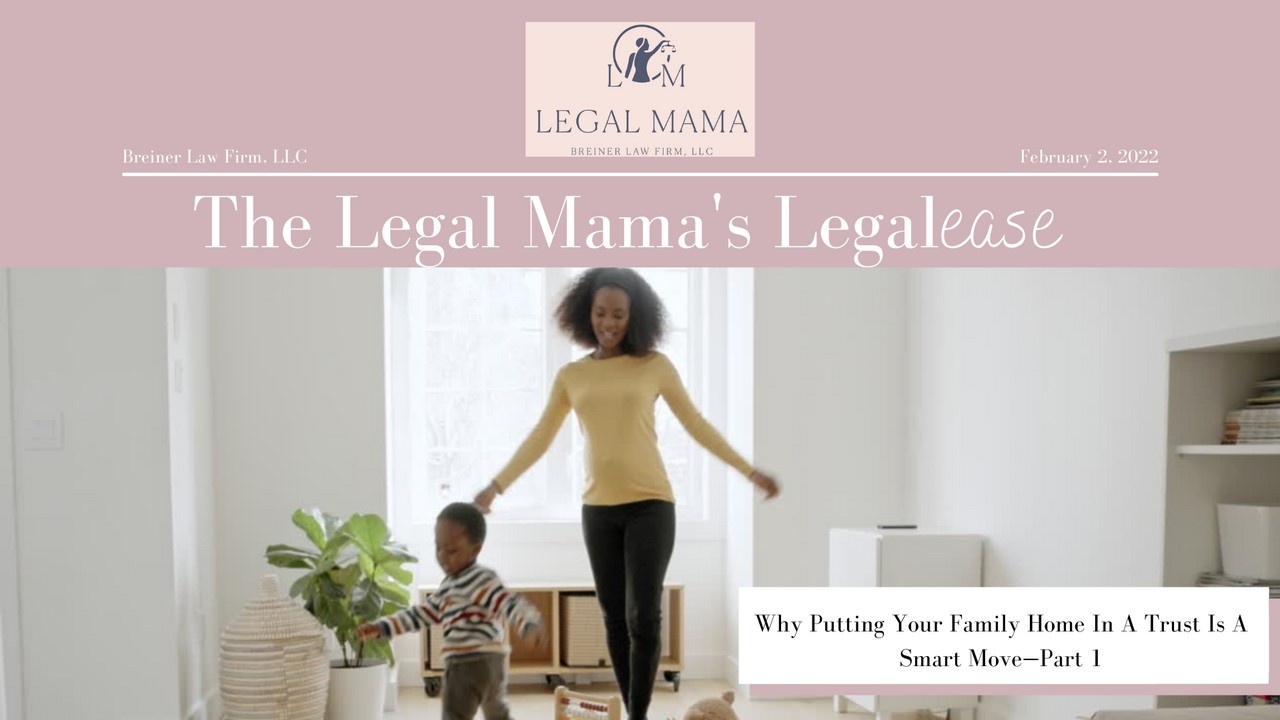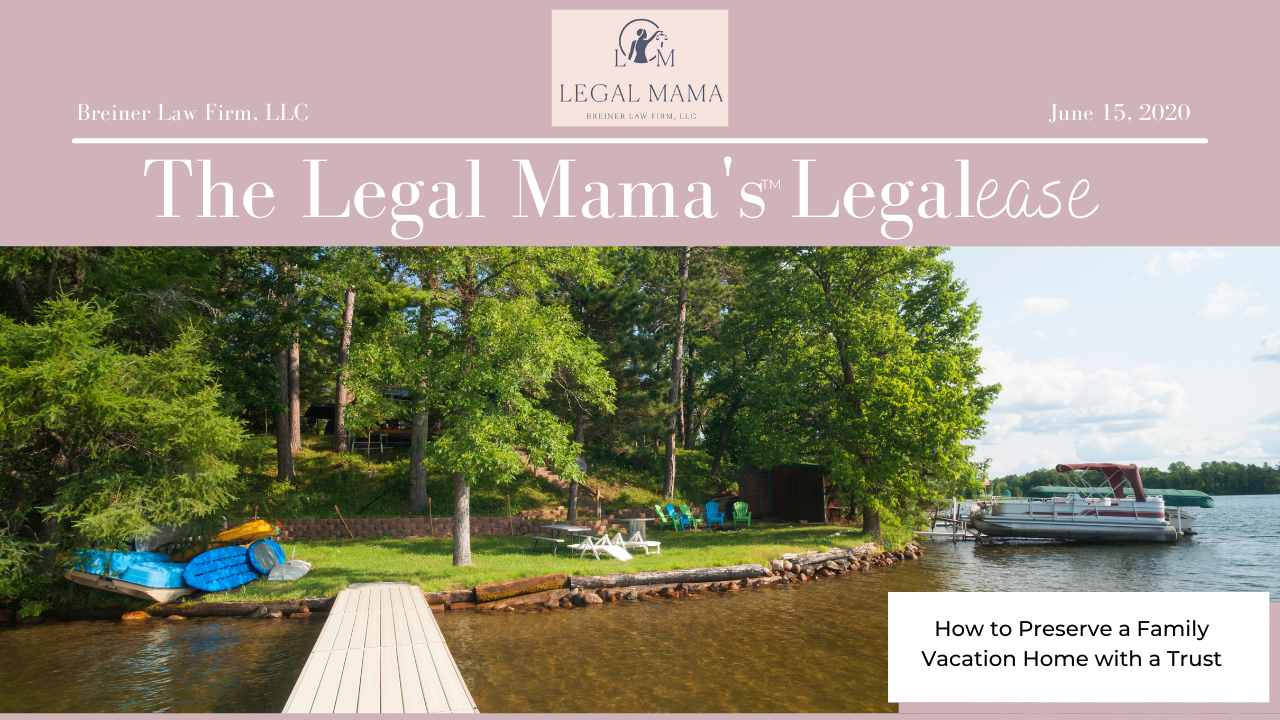What’s new in the blog?
..............
Probate: What It Is & How To Avoid It—Part 2
May 10, 2022
The Key Differences Between Wills and Trusts
Jul 07, 2021
How to Preserve a Family Vacation Home with a Trust
Jun 15, 2021













